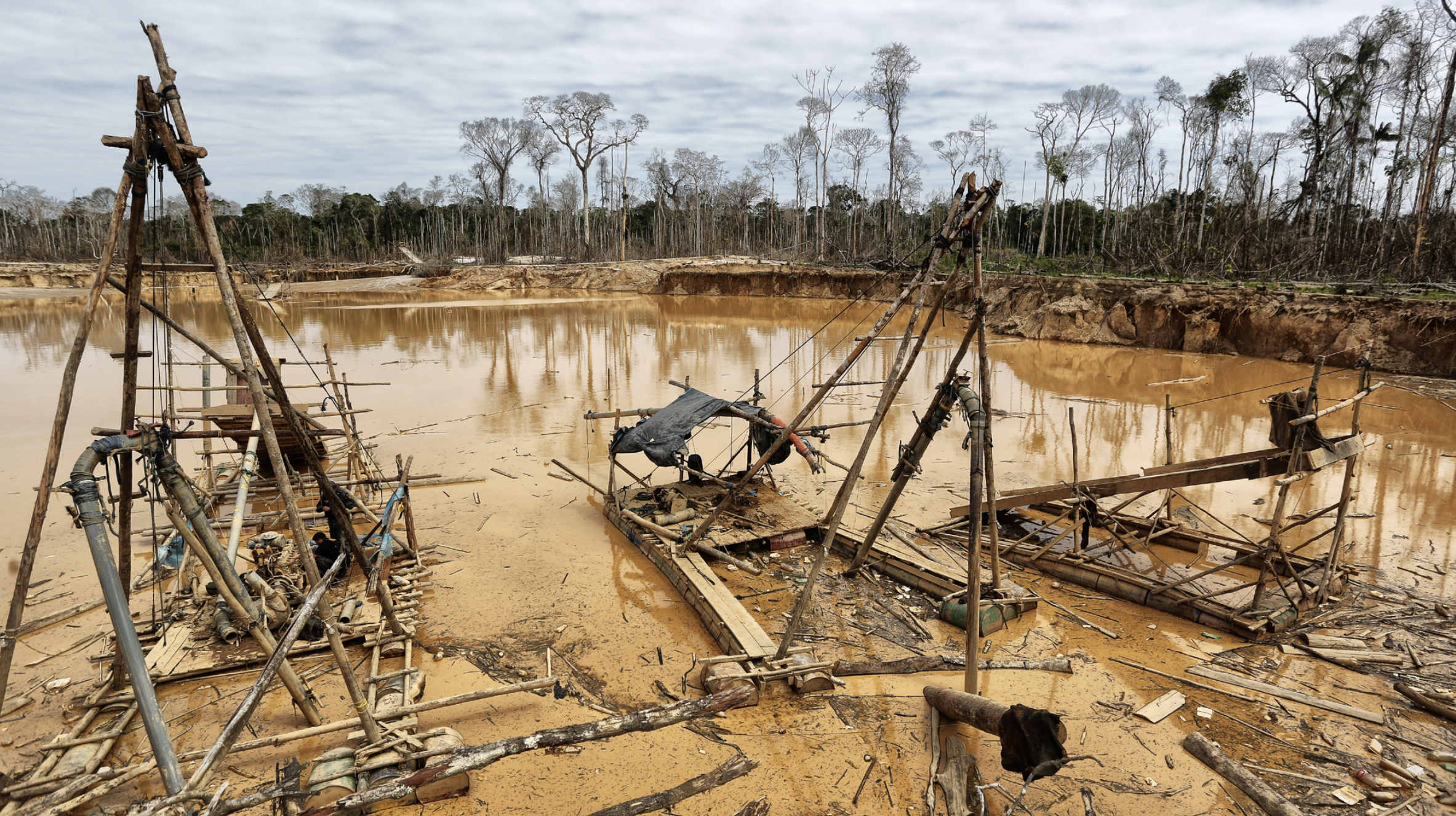Analysis of 230 Environmental Crimes in Amazon Region Sheds Light on How Illicit Proceeds Are Laundered
WASHINGTON, DC – A new report by the Financial Accountability and Corporate Transparency (FACT) Coalition finds that the U.S. is the most common foreign destination for the products and proceeds of environmental crimes committed in the Amazon region. The report analyzes 230 cases, including instances of alleged illegal mining and illegal logging, and finds that anonymous shell and front companies are the most common secrecy vehicles used to commit and conceal the proceeds of environmental crimes.
“The Treasury Department has rightfully acknowledged that the U.S. is a top destination for illicit proceeds from environmental crime in the Amazon region,” said Julia Yansura, program director for environmental crime and illicit finance at the FACT Coalition. “The findings of this report indicate that stronger collaboration is needed between the U.S. and countries in the Amazon region to investigate and prosecute environmental crimes, many of which are transnational.”
Such increased collaboration may be on its way. In July, Treasury advanced a major new intergovernmental initiative – the Amazon Region Initiative Against Illicit Finance – to target the proceeds of nature crimes through enhanced information exchange and technical assistance to governments in the Amazon region. FACT’s new report provides insights on the types of information sharing, technical assistance, and collaboration that are most needed to maximize the impact of the Amazon Region Initiative.
The report also examines how environmental crimes overlap with other types of crimes, a phenomenon known as “crime convergence.” Among analyzed cases, corruption was the most prevalent convergent crime, followed by terrorism financing and drug trafficking.
“In countries in the Amazon region, corruption plays a significant role in facilitating environmental crimes,” said Sandra Martínez, Program Director for Initiatives with the Political System and the State at Transparencia por Colombia, the Colombian chapter of Transparency International. “Environmental protection efforts, including the new Amazon Initiative, need to account for these realities and address critical issues of governance and institutions if they are to be successful.”
“As international leaders gather in Colombia for the United Nations Biodiversity Conference this month, it is important to remember that many environmental crimes are financially motivated,” said Yansura. “Beyond efforts to physically protect our natural resources, we must also crack down on the illicit proceeds of environmental crimes. The U.S. should work with partner countries to address the most common avenues of illicit finance that environmental criminals use to profit from the destruction of our ecosystems. This report provides important insights on where to start.”
###
Notes to the Editor:
- Read the full report analyzing 230 environmental crime cases in the Amazon region here.
- El informe en español está disponible aquí.
- FACT’s agenda-setting 2023 report, Dirty Money and the Destruction of the Amazon, provides recommendations for the U.S. to step up efforts to combat illicit finance from environmental crime.
- More information on FACT’s work at the intersection of environmental crime and illicit finance can be found here.
- More information on the recently-announced Amazon Initiative can be found on Treasury’s website, and in FACT’s July press release.
- For a description of the unique challenges faced by investigators and prosecutors trying to identify and track the proceeds of environmental crimes, see FACT’s latest Policy Brief.

